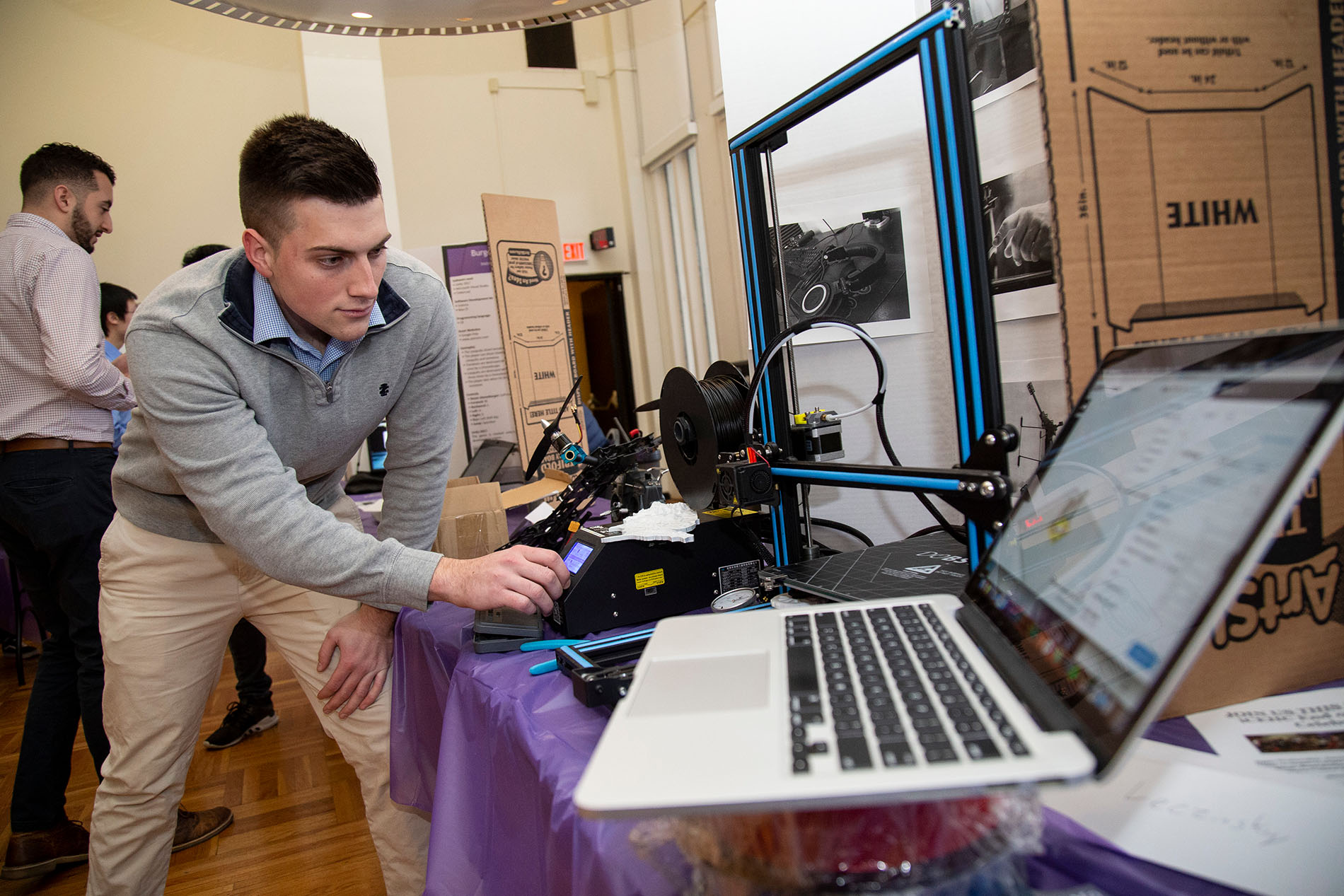Learning objectives that UAlbany students are expected to attain through their course of study within their academic program.
Bachelor of Science
- Demonstrate a basic knowledge of computer systems and identify their vulnerabilities
- Demonstrate a basic knowledge of computer networks and identify their vulnerabilities
- Define and compare the different types of computer attacks
- Differentiate security vulnerabilities
- Demonstrate a knowledge of cryptographic principles, systems and implementations
- Apply current principles and practices of digital forensics
- Demonstrate a knowledge of security policies and procedures
- Apply principles and practices of software security
- Create and implement plans to defend computer and networks systems in live exercises
- Demonstrate an understanding of sources of ongoing updates on security issues, approaches and solutions












